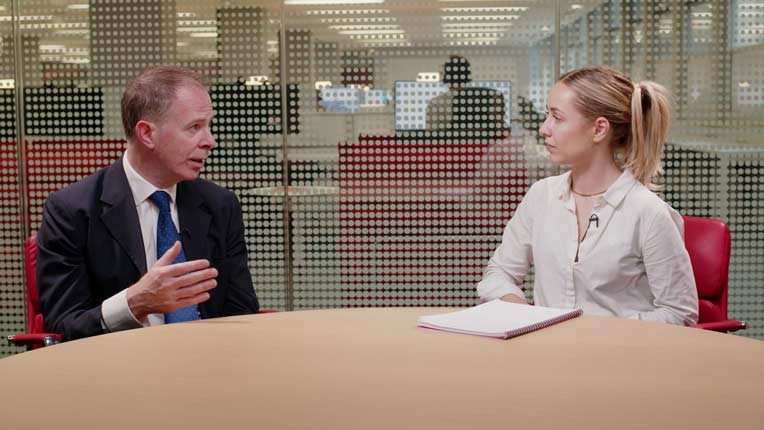Women are failing to adequately prepare for retirement, Scottish Widows Women and Retirement Report has revealed.
As well as saving 40% less a month for retirement than their male counterparts, the greater problem is an awareness gap – with less than one in six women confident in their pension plan.
The savings disparity is significantly influenced by the gap between male and female wages. Historical inequality and more flexible working hours following childbirth mean that women simply have a smaller pot of cash every month from which to make pension contributions.
The report found that women typically save £206 a month for retirement, compared to men who save an average of £298. This shortfall means that Scottish Widows has calculated just half of women are saving adequately for retirement.
This figure is a significant improvement on the previous year’s report however, which found just 40% of women were saving enough to fulfil their pension needs. This increase can be credited to the continued roll out of autoenrolment. And it is is hoped that this will continue to rise.
By 2018, auto-enrolment is expected to have boosted the number of people paying into a pension scheme by 10 million.
According to the Office of National Statistics there was an increase in the number of people paying into a pension scheme between 1953 and 1967 from 6.2 million to 12.2 million. After 1967 this figure steadily declined to 2012 when it hit 7.8 million. This figure was up to 8.1 million by the end of 2013.
The scheme has been accused of being ineffectual when it comes to low-paid and part-time workers however, which unfairly penalises women who are more likely to be working flexible hours after returning to employment following childbirth.
A record 14 million women are now employed in the UK but just 29% of them are currently part of a company pension scheme.
“Increases in the threshold for automatic enrolment have left 1.5 million out of the benefits of pensions saving, and one million of those are women,” Said Rachel Reeves, Shadow Secretary of State for Work and Pensions.
“The low pay still experienced by too many women is key to the worrying figures in this report that show that women are still saving a huge 40% than men – a gap that has widened since last year. Perhaps that’s not surprising when the gender pay gap has also widened for the first time in five years, but we should still be shocked that the cost-of-living crisis is still restricting women’s ability to save what they need for the future.”
The Awareness Gap: As Dangerous as the Savings Gap
Eight in 10 women do not know how much they have to save in order to secure a comfortable retirement, according to the Scottish Widows report.
While this lack of exact understanding is not unique to women, especially in light of the recent changes to retirement savers’ access to their savings, when coupled with inadequate preparation it is a worrying statistic.
While 20% of men claim to fully understand stocks and shares ISAs, just 9% of women have the same confidence.
David Macmillan, Managing Director at Aegon said that their own research confirmed there was a significant gender divide.
“Pensions are becoming more flexible at the point people start accessing an income, thanks to the introduction of recent reforms,” he said. “These reforms won’t however alter the amount of money people have saved and it’s only by putting aside more throughout their working lives that people can substantially increase their living standard.”
Macmillan called the industry to do more to educate and assist those saving for retirement.




























